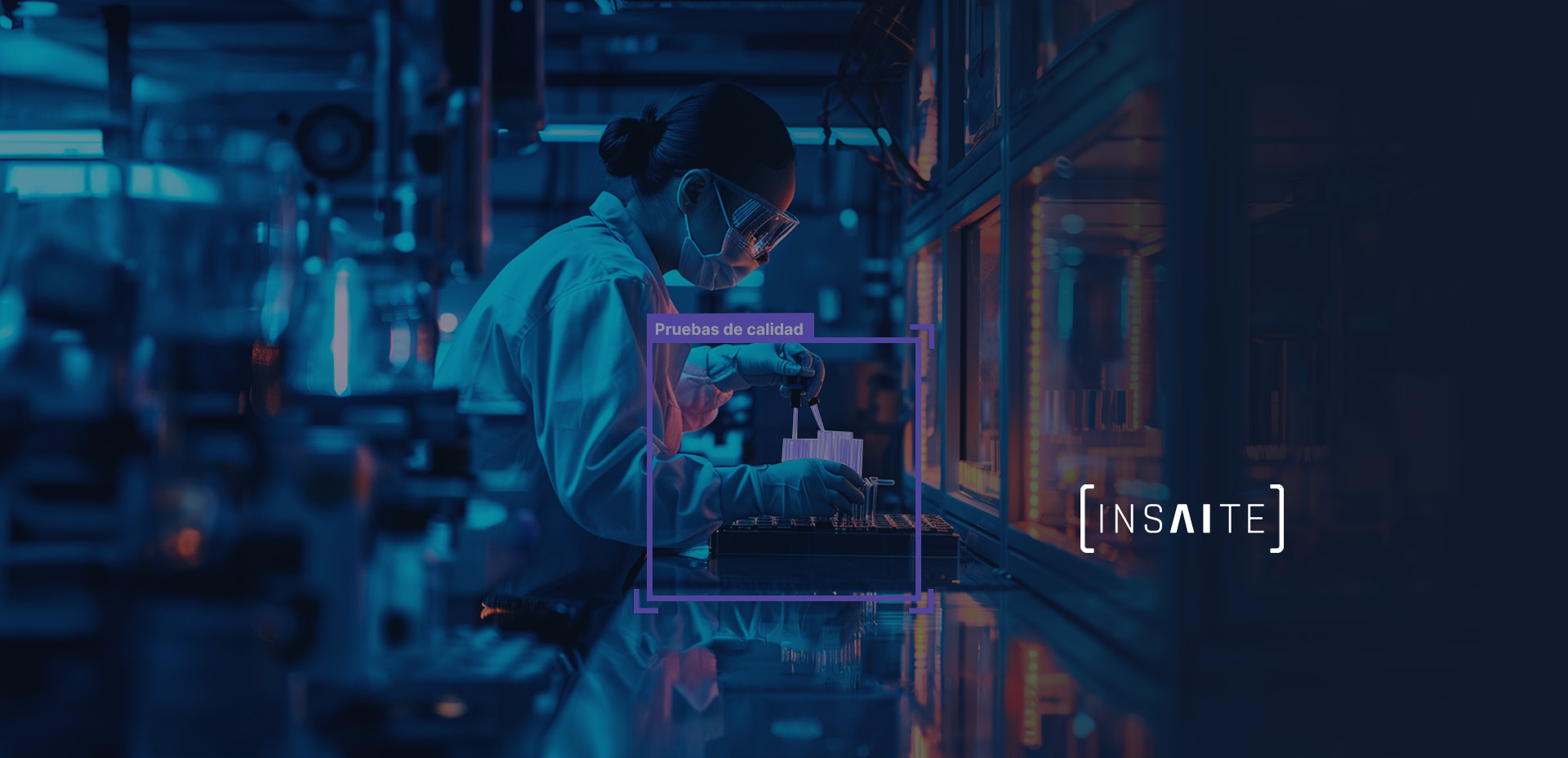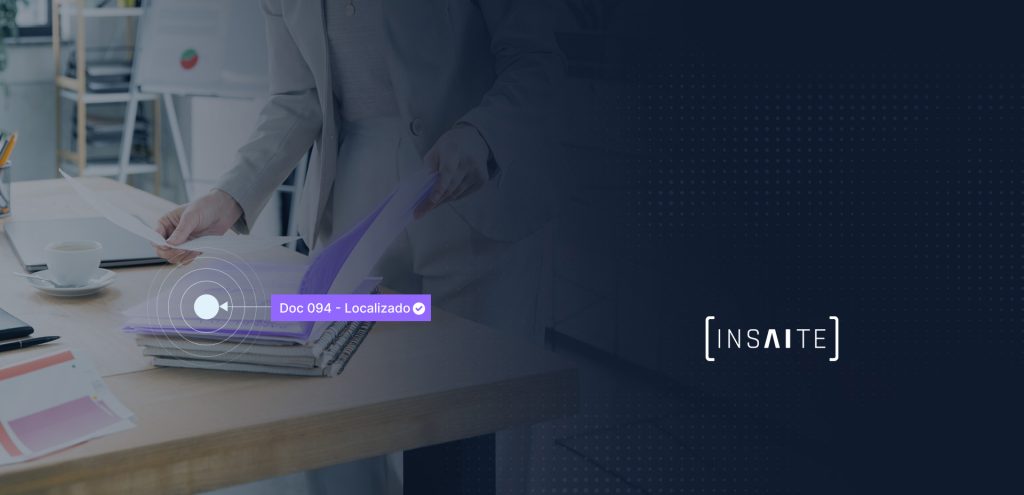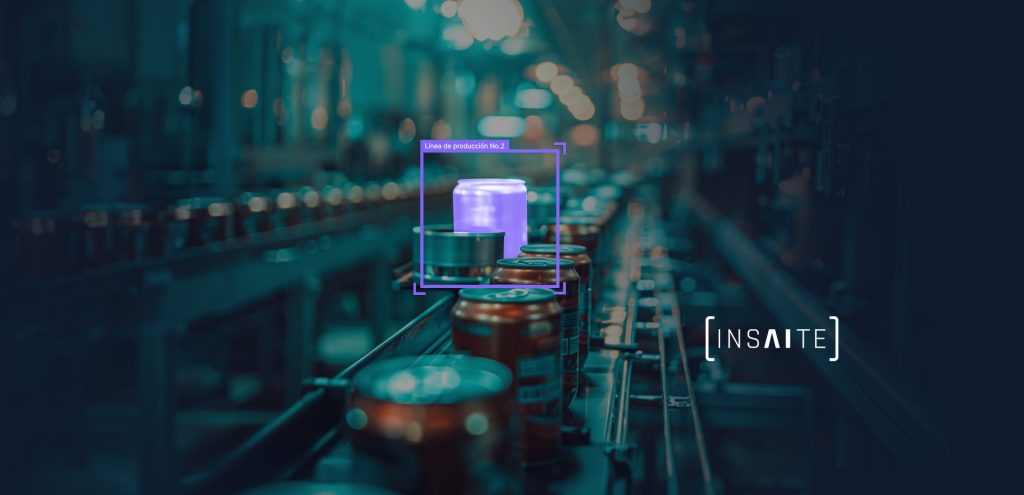From the earliest rudimentary models to the sophisticated solutions available today, AI has unleashed a wave of innovation and transformation in business processes.
In this regard, generative artificial intelligence has emerged as a powerful tool to boost efficiency and productivity in the industrial sector.
In this article, we will explore how generative artificial intelligence has played a fundamental role in reducing costs, improving operational performance, and streamlining both production and quality control processes across various industrial sectors.
Generative Artificial Intelligence in the Production Process
We have previously explored the vast array of applications of generative artificial intelligence, ranging from design to enhancing the impact of digital twins. In the realm of production, this technology also demonstrates tremendous potential.
Firstly, generative AI facilitates the optimization of production processes by automating tasks that were previously performed manually or required rule-based programming, which entailed a significant time investment.
Through the analysis of historical data, it is possible to train programs to carry out automations not only in tasks but also in resource allocation and inventory management.
Additionally, these systems can also contribute to predictive maintenance by detecting fault patterns, either through historical data or, in its absence, through predictive models that identify potential risk factors.
Quality Control with Generative AI
Another aspect that significantly benefits from the attributes of generative artificial intelligence is the quality control process, essential for delivering products and services that meet customer standards.
Machine learning enables the automation of inspection processes, facilitating fault detection during production. By using sensors for visual or acoustic analysis, errors can be identified in real-time and corrected before products reach the market.
To further optimize quality control, generative AI can utilize data from various sources, such as the production process, the supply chain, and customer feedback through different company channels. This allows for the detection of patterns and trends that contribute to improving product quality.
Improvements in both production and quality processes result in cost and time reductions, as well as optimization in the use of resources, particularly raw materials. All of this leads to much more sustainable production.




